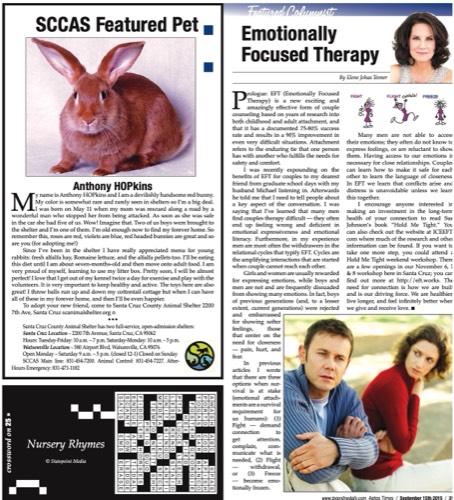
Girls and women are usually rewarded for expressing emotions, while boys and men are not and are frequently dissuaded from showing many emotions. In fact, boys of previous generations (and, to a lesser extent, current generations) were rejected and embarrassed for showing softer feelings, those that center on the need for closeness — pain, hurt, and fear.
In previous articles I wrote that mammals have three options when their survival is at stake (remember being attached is a survival requirement for us humans): (1) Fight — seek out connection with more determination to get attention, complain, and point out what is needed, (2) Flight — withdraw so as to not lose the connection you have, or (3) Freeze — literally become emotionally frozen.
Many men are not able to access their emotions; they often do not know to express feelings, and can feel scared to show them. Having access to our emotions is necessary for close relationships. Couples can learn how to make it safe for each other to learn the language of closeness. In EFT we learn that conflicts arise and distress is unavoidable unless we learn this together.